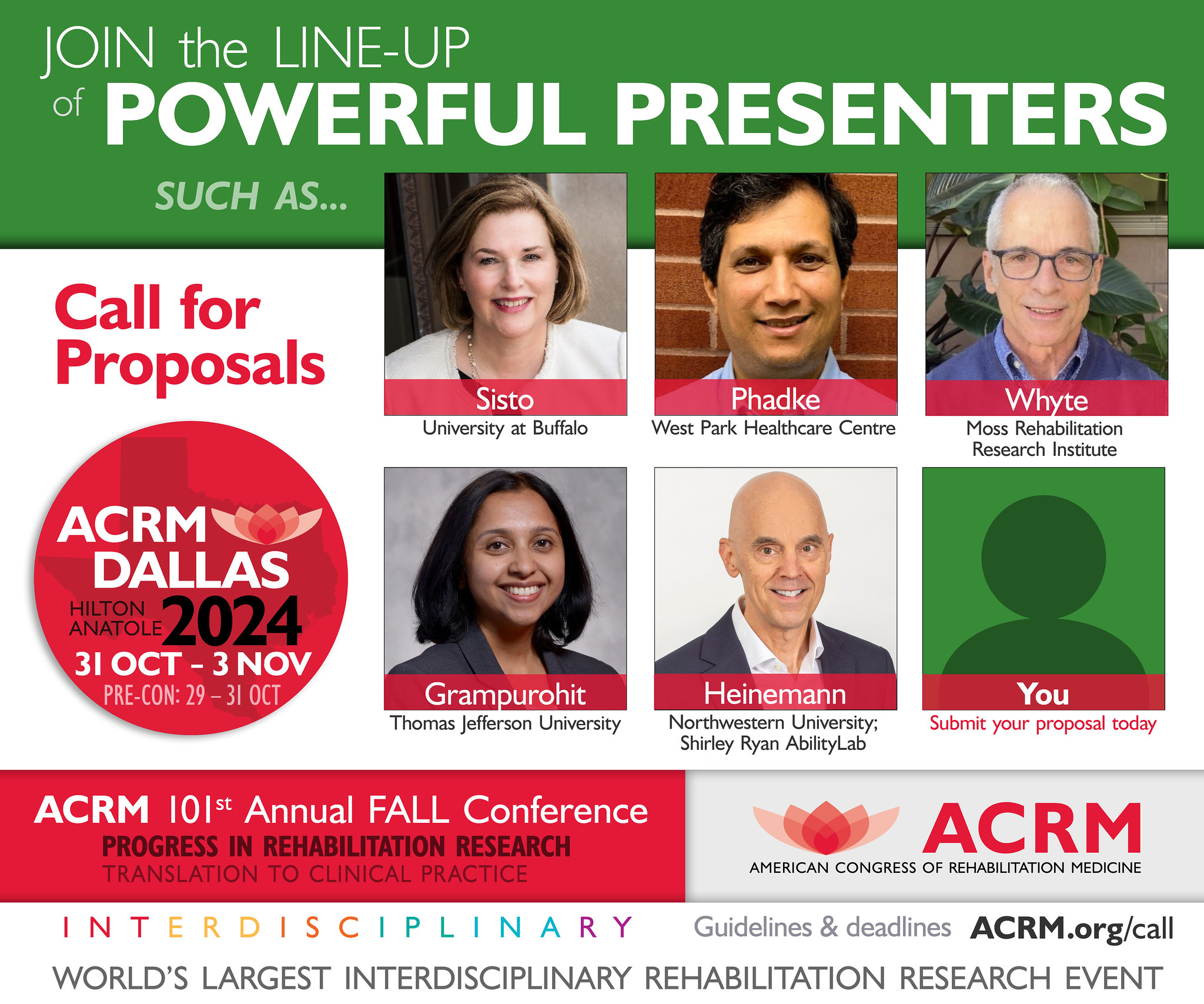 By Dawn Neumann, PhD
By Dawn Neumann, PhD
A year in the life of an academician: Notified of two unfunded grants in the same day; a few weeks later, an accepted publication; one month later, great feedback and lots of excitement from colleagues about my presentation at an International conference; during the course of the next two months, 3 manuscripts were returned for major revision; the following month, I received an award from my University; a month later, my manuscripts still required major revisions; and over the next six months, I had 3 grants funded (one of them was even a federal grant!). Sound familiar? Is it any wonder I feel like I’m on a roller coaster?!
In a relatively short period of time, I plummeted into a valley of feeling embarrassed of my failures; thinking I’m incapable of accomplishing anything meaningful; feeling not as smart as or accomplished as my peers, and thinking I’m a fraud; to being skyrocketed to the top of the world, feeling ecstatic, intelligent, esteemed, and respected in my field. Rinse and repeat; this is a continuous cycle in the academic world.
I used to think that I was the only one who felt the extreme highs and lows of academia, but after talking with numerous colleagues, I’ve come to realize that I’m not alone. I write this article, not in attempt to scare away students, postdocs or new faculty, but rather to normalize the experience that we all feel in this academic life from time to time. A few helpful hints for dealing with the valleys:
- Remember that you are not alone. Even the smartest, most knowledgeable and experienced scientists get denied a grant, or a manuscript rejected now and then. Use this to remind yourself that very often in academia, individual failures are not an indicator of your ability to succeed on a whole. It is a competitive world and not everyone can be on the top all of the time. You will have your turn.
- Know that when you are in the valley, there is another top-of-the-world-moment around the corner.
- Give yourself a break. Do not resort to all-or-none thinking (e.g., “I can’t ever get a grant; I’m the worst writer”); catastrophic thinking as if it is the end of the world; or self-criticism. Fight these negative thoughts by reminding yourself of your accomplishments. Keep a list of your achievements and review them. Read a letter of support someone wrote on your behalf that outlines all of the reasons you are such an amazing researcher, teacher, etc….
- Consider it an opportunity for you to learn and improve yourself. My mentor always tells me that manuscript and grant reviews are “the answers to the test”. When the stinging stops, try to glean what you can from the experience to make you stronger at whatever you are trying to accomplish. Everyone has weaknesses. Learn yours, acknowledge them, and then figure out a plan how to overcome them. If you could do this, there will be fewer (and less deep) valleys and more top-of-the-world-moments.
Talk it through with a mentor and/ or your peers. Never underestimate the power of some talk therapy! It has truly helped me keep my sanity! And if the valley ever gets too low, make sure to check into your institution’s mental health resources for faculty and students.









